2005 Chevrolet Astro Brake Rotors and Pads
Click here to search another vehicle
All Rotors:
OEM x
Coated x
Drilled, Slotted and Coated x
Front x
Rear x
All Pads:
Ceramic x
Semi-metallic x
Front x
Rear x
Found 16 record
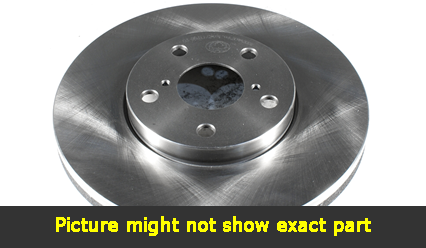
Part No: BR55054
Raybestos: 56825
OE: 18060214
Raybestos: 56825
OE: 18060214
$40.25 each
Per Car QTY: 2
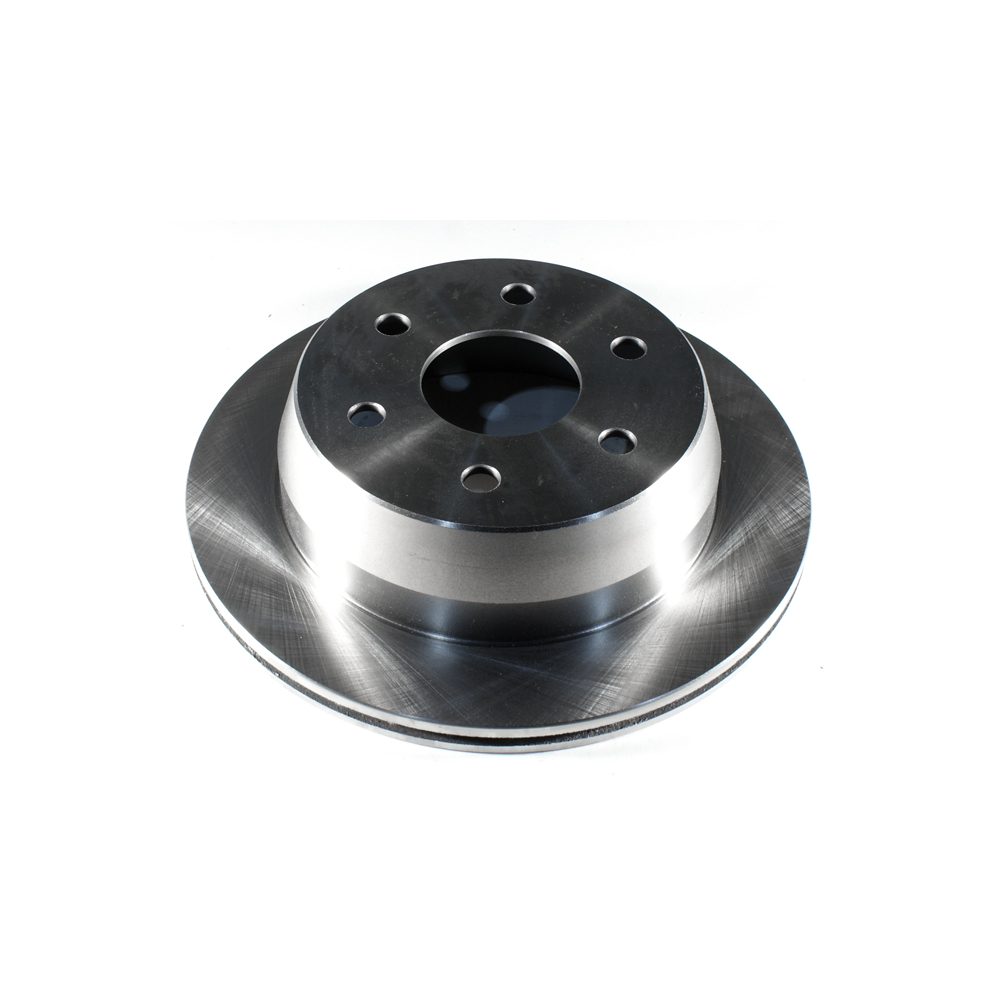
Part No: BR55066
Raybestos: 56827
OE: 15712800
Raybestos: 56827
OE: 15712800
$43.18 each
Per Car QTY: 2
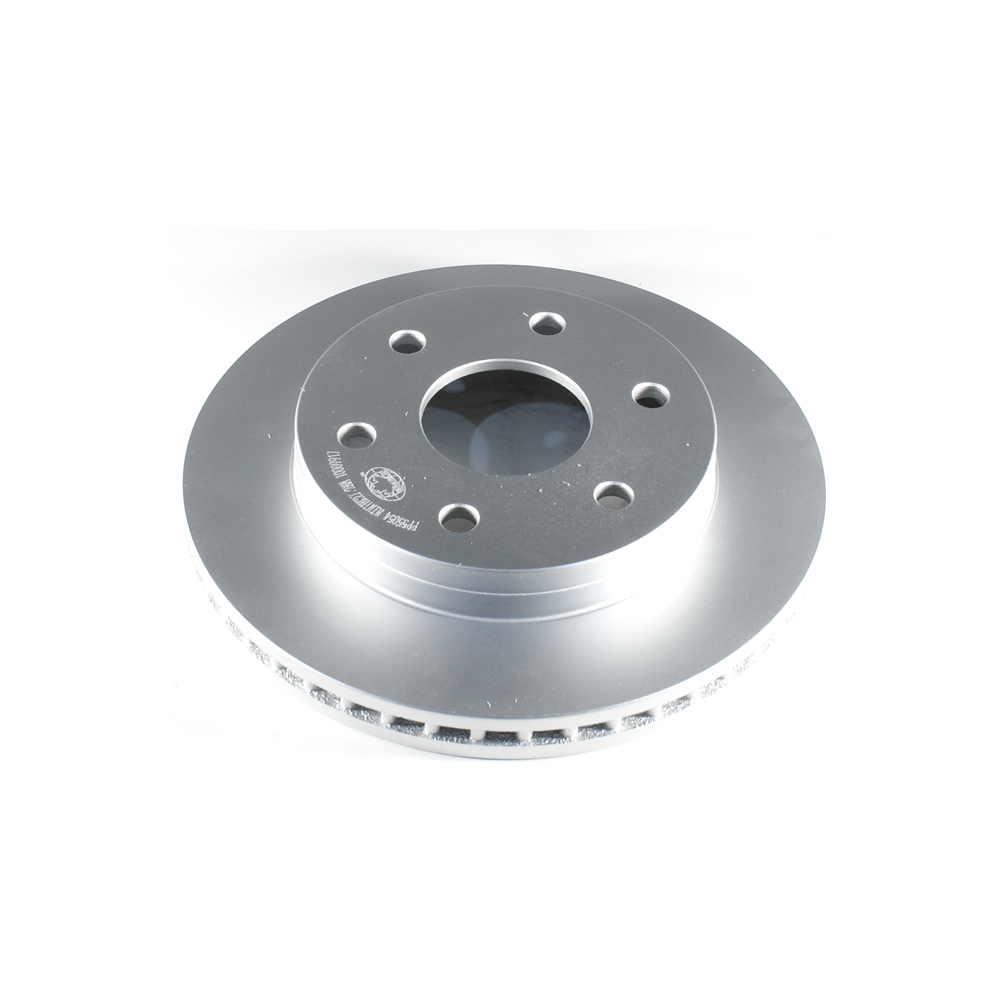
Part No: PP55054
Raybestos: 56825
OE: 18060214
Raybestos: 56825
OE: 18060214
$57.11 each
Per Car QTY: 2
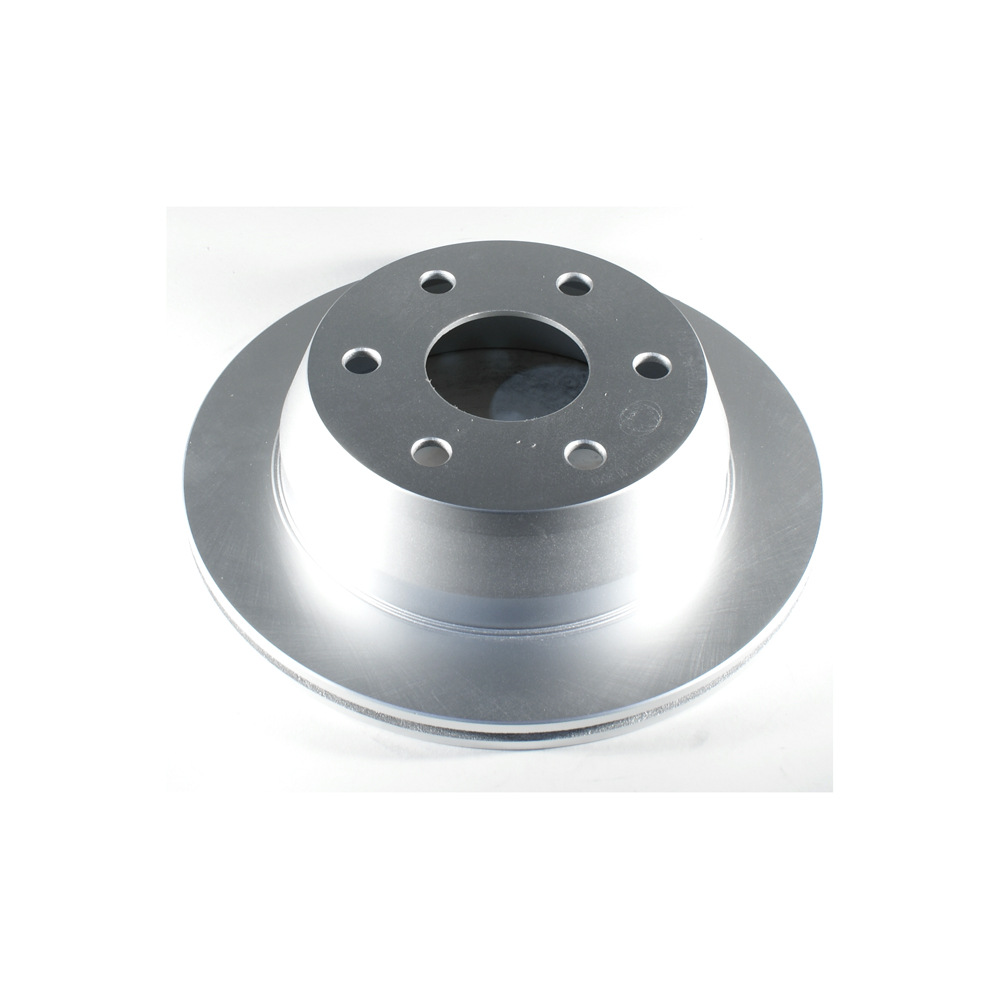
Part No: PP55066
Raybestos: 56827
OE: 15712800
Raybestos: 56827
OE: 15712800
$59.89 each
Per Car QTY: 2

Part No: UP55054L
Raybestos: 56825L
OE: 18060214
Raybestos: 56825L
OE: 18060214
$89.59 each
Per Car QTY: 1

Part No: UP55054R
Raybestos: 56825R
OE: 18060214
Raybestos: 56825R
OE: 18060214
$89.59 each
Per Car QTY: 1

Part No: UP55066L
Raybestos: 56827L
OE: 15712800
Raybestos: 56827L
OE: 15712800
$91.19 each
Per Car QTY: 1

Part No: UP55066R
Raybestos: 56827R
OE: 15712800
Raybestos: 56827R
OE: 15712800
$91.19 each
Per Car QTY: 1

Part No: PD785C
Raybestos: 785
OE:
Raybestos: 785
OE:
$35.24 each
Per Car QTY: 1
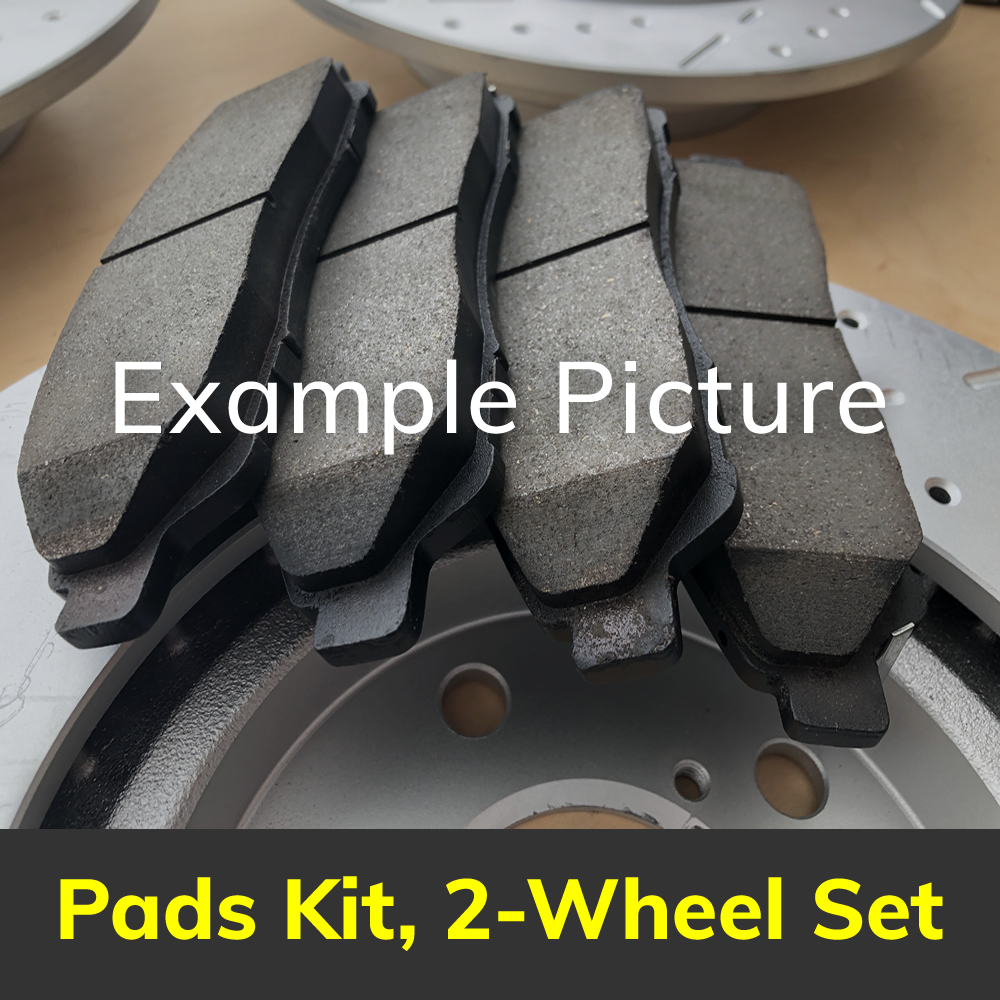
Part No: PD792C
Raybestos: 792
OE:
Raybestos: 792
OE:
$30.71 each
Per Car QTY: 1
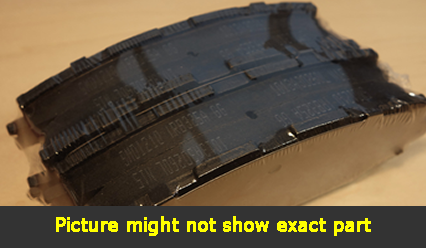
Part No: SMD785
Raybestos:
OE:
Raybestos:
OE:
$26.32 each
Per Car QTY: 1
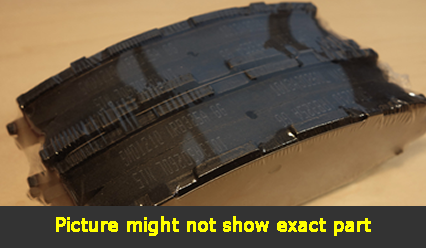
Part No: SMD792
Raybestos:
OE:
Raybestos:
OE:
$21.02 each
Per Car QTY: 1
Choosing the right brakes for your 2005 Chevrolet Astro is essential for the overall performance and safety of your vehicle. Brakes are an integral part of any vehicle, and ensuring that they are in good condition and functioning properly is crucial. Here are some key factors to consider when selecting brakes for your 2005 Chevrolet Astro:
1. Type of Brake Pads:
The type of brake pads you choose depends on your driving style and preferences. There are three main types of brake pads: organic, semi-metallic, and ceramic.
- Organic Brake Pads: These pads are made from a mixture of fibers, rubber, and binding agents. They provide a quiet and smooth ride, making them the ideal choice for regular city driving. However, they may wear out faster and generate more brake dust.
- Semi-Metallic Brake Pads: These pads are composed of a mixture of metal fibers, such as steel, copper, and iron, along with friction modifiers and fillers. They offer improved stopping power and longevity and are suitable for heavier loads or frequent braking.
- Ceramic Brake Pads: These pads are made from a combination of ceramic compounds, copper fibers, and bonding agents. They provide excellent stopping power, produce less noise, and emit minimal brake dust. Ceramic pads are great for high-performance vehicles but can be more expensive than other options.
2. Brake Rotor Material:
The material of the brake rotors also plays a vital role in brake performance, durability, and heat dissipation. The two common types of rotor materials are cast iron and composite.
- Cast Iron Rotors: These rotors are the most prevalent and are known for their durability and affordability. They can handle most driving conditions and offer good stopping power. However, they may be prone to warping under extreme conditions or heavy loads.
- Composite Rotors: These rotors are made from a mixture of cast iron and other materials like carbon fiber or ceramic. They provide enhanced performance, reduced weight, and better heat dissipation. Composite rotors are often used in high-performance applications.
3. Brake Pad Life:
Consider the estimated lifespan of the brake pads you choose. Long-lasting brake pads will save you time and money in the long run. While ceramic pads are known for their longevity, semi-metallic pads also offer good durability.
4. Driving Conditions:
Evaluate the typical driving conditions you encounter with your 2005 Chevrolet Astro. If you primarily drive in the city with regular braking, organic or semi-metallic pads should suffice. If you frequently tow heavy loads or drive in mountainous terrain, consider using semi-metallic or ceramic pads for improved performance.
5. Brand and Quality:
Selecting reputable brands known for their quality brake products is important. Brands such as Bosch, Wagner, ACDelco, and EBC are well-known for producing reliable and high-performing brake components. Be cautious of lesser-known brands offering extremely cheap options, as they may compromise on quality and safety.
6. Seek Professional Advice:
If you're uncertain about choosing the right brakes for your 2005 Chevrolet Astro, consult with a mechanic or a trusted automotive professional. They can provide guidance based on your vehicle's specific needs, driving habits, and other factors.
In conclusion, selecting the right brakes for your 2005 Chevrolet Astro involves considering brake pad type, rotor material, brake pad life, driving conditions, brand quality, and seeking professional advice when necessary. By taking these factors into account, you can ensure optimal braking performance, safety, and longevity for your vehicle.
1. Type of Brake Pads:
The type of brake pads you choose depends on your driving style and preferences. There are three main types of brake pads: organic, semi-metallic, and ceramic.
- Organic Brake Pads: These pads are made from a mixture of fibers, rubber, and binding agents. They provide a quiet and smooth ride, making them the ideal choice for regular city driving. However, they may wear out faster and generate more brake dust.
- Semi-Metallic Brake Pads: These pads are composed of a mixture of metal fibers, such as steel, copper, and iron, along with friction modifiers and fillers. They offer improved stopping power and longevity and are suitable for heavier loads or frequent braking.
- Ceramic Brake Pads: These pads are made from a combination of ceramic compounds, copper fibers, and bonding agents. They provide excellent stopping power, produce less noise, and emit minimal brake dust. Ceramic pads are great for high-performance vehicles but can be more expensive than other options.
2. Brake Rotor Material:
The material of the brake rotors also plays a vital role in brake performance, durability, and heat dissipation. The two common types of rotor materials are cast iron and composite.
- Cast Iron Rotors: These rotors are the most prevalent and are known for their durability and affordability. They can handle most driving conditions and offer good stopping power. However, they may be prone to warping under extreme conditions or heavy loads.
- Composite Rotors: These rotors are made from a mixture of cast iron and other materials like carbon fiber or ceramic. They provide enhanced performance, reduced weight, and better heat dissipation. Composite rotors are often used in high-performance applications.
3. Brake Pad Life:
Consider the estimated lifespan of the brake pads you choose. Long-lasting brake pads will save you time and money in the long run. While ceramic pads are known for their longevity, semi-metallic pads also offer good durability.
4. Driving Conditions:
Evaluate the typical driving conditions you encounter with your 2005 Chevrolet Astro. If you primarily drive in the city with regular braking, organic or semi-metallic pads should suffice. If you frequently tow heavy loads or drive in mountainous terrain, consider using semi-metallic or ceramic pads for improved performance.
5. Brand and Quality:
Selecting reputable brands known for their quality brake products is important. Brands such as Bosch, Wagner, ACDelco, and EBC are well-known for producing reliable and high-performing brake components. Be cautious of lesser-known brands offering extremely cheap options, as they may compromise on quality and safety.
6. Seek Professional Advice:
If you're uncertain about choosing the right brakes for your 2005 Chevrolet Astro, consult with a mechanic or a trusted automotive professional. They can provide guidance based on your vehicle's specific needs, driving habits, and other factors.
In conclusion, selecting the right brakes for your 2005 Chevrolet Astro involves considering brake pad type, rotor material, brake pad life, driving conditions, brand quality, and seeking professional advice when necessary. By taking these factors into account, you can ensure optimal braking performance, safety, and longevity for your vehicle.


